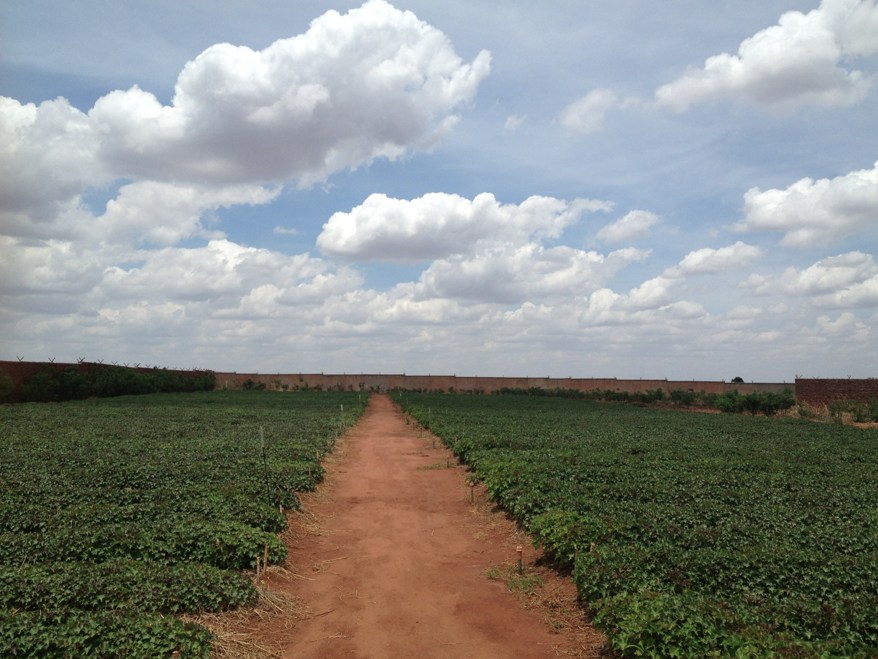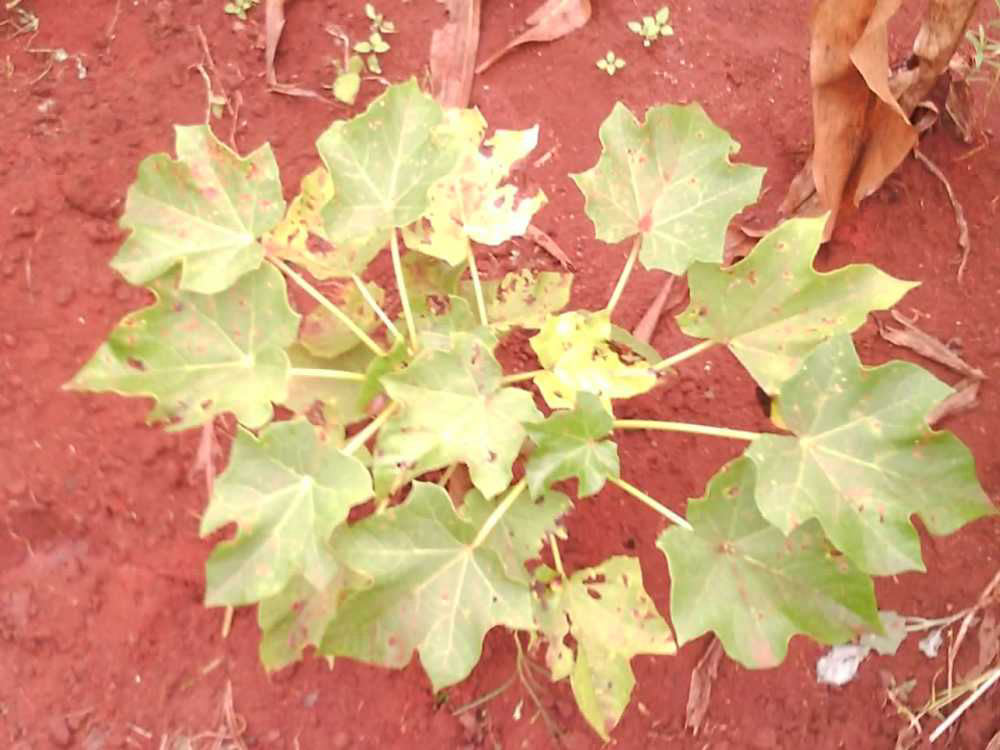ID: L78-9EP
ID: L78-9EP
Barbados Nut
Jatropha curcas
Photo
Malawi
19:51 - 19°C
My connections
My ID card
Who am I?
Date of birth
11/20/2015
Name
Barbados Nut
Tree
Barbados Nut
Where am I located?
Country
Malawi
Place of birth
Lilongwe
Coordinates
13° 49′ 14.49″ S
33° 31′ 47.08″ E
/33.5297443,-13.820692,0/500x333@2x?access_token=pk.eyJ1IjoidG9tbWFzb3NwZXJvbmkiLCJhIjoiY2tnOTE3eW12MDJqazMybXNzOWV1YjloOSJ9.wtGsuDU7XIKjcv2cq8CiXw&logo=false&attribution=false)
My Timeline
The important moments in your tree's life.
Seed
It all starts with a tiny seed, nice and warm in the soil.
Nursery
Your seedling is big enough to be welcomed into one of our nurseries, along with many others.
Planted
We’re here! Your tree has reached its new home: it’s been planted by a smallholder, who’ll take care of it for years to come.
Photo
Strike a pose! Now that it’s big enough, here’s a photo of your tree!
My Gallery
Nursery

Planted
/33.5297443,-13.820692,0/500x333@2x?access_token=pk.eyJ1IjoidG9tbWFzb3NwZXJvbmkiLCJhIjoiY2tnOTE3eW12MDJqazMybXNzOWV1YjloOSJ9.wtGsuDU7XIKjcv2cq8CiXw&logo=false&attribution=false)
33° 31′ 47.08″ E
Photo

Curiosity about me
The important moments in your tree's life.
Let's start with introductions
The Barbados nut is a small plant that produces biofuel. The seeds are collected and processed to obtain the vegetable oil while the discarded scraps provide a precious source of natural fertilizer. This plant is used to create protective hedges around corn and yuca crops.
Meaning
Protection
This strong, protective plant is used as fencing to safeguard vegetable and flower gardens from animals.

How much CO2 I’ll absorb
My estimated CO2 absorption capacity is based on the first 10 years of my life*
Current absorption
- 22 kg
2015
0 kg
2025
-25 kg
* The tree will continue to absorb CO2 even after the tenth year. Therefore this is a prudent estimate.
How I am useful to local communities
My benefits
10%
Food Security
The trees will bear fruits, some that will be edible immediately and others that can become edible through processing, ensuring food resources over time.
30%
Economic development
The trees' fruits and the products derived from their transformation can be traded in local networks, offering income opportunities.
10%
CO₂ Absorption
During its life cycle, each tree will absorb CO₂. The trees you plant can offset your emissions.
50%
Environmental protection
The trees are planted in agroforestry systems that favor the virtuous interaction between the different species and their positive impact on the environment and on the land.